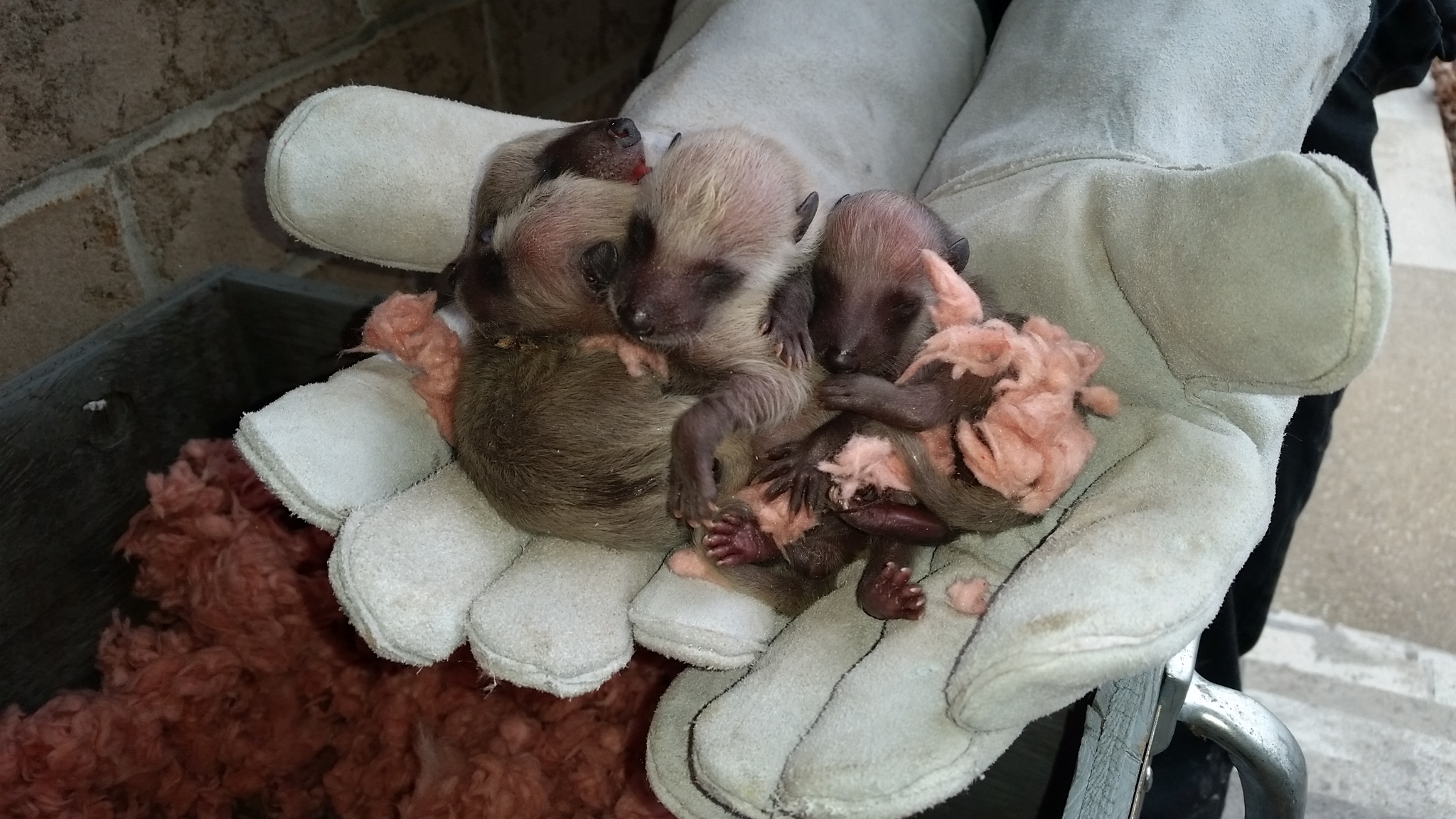Raccoons look like adorable masked bandits. Because of this, many people think the furry creatures are cute and friendly. Appearances can be deceiving. Raccoons usually aren’t a threat unless they are provoked, but the animals can be dangerous when they do attack. Here’s why you should resist the urge to approach or touch a wild raccoon.
Raccoons Can Be Aggressive
Raccoons are nocturnal creatures, meaning they tend to move around mostly at night. For this reason, they don’t come in contact with humans every day. People are much bigger than the furry creatures and are perceived as a threat to the animals. When raccoons feel threatened, they are known to aggressively bite and scratch.
There are many documented cases of people being attacked by raccoons when they approach the animals. These encounters always result in injury to the person involved, and in some cases, people die from blood loss or diseases they catch from the raccoons.
Another possibility is that the animal could get hurt in the scuffle. You don’t want to cause any harm to these cute creatures, so it’s best to keep your distance.
Raccoons Often Carry Diseases
Many wild animals carry infectious diseases that are harmful to humans. Raccoons are no exception. If you get attacked by one because you get too close, you could be exposed to the following diseases:
- Rabies
- Pseudorabies
- Canine distemper
- Infectious canine hepatitis
- Raccoon parvoviral enteritis
You never know what types of diseases a raccoon may be carrying. It’s never a good idea to touch a raccoon or its feces because you could contract a number of diseases and germs.
Tips for Avoiding Raccoons
Many raccoons live deep in the woods, while others make their home around neighborhoods. You may not always be able to avoid raccoons entirely, but you can take a few measures to make your home and yard less hospitable to them so that you are less likely to come in close contact with the creatures.
The first thing to do is to make sure you don’t offer raccoons an easy source of food. The furry bandits are notorious scavengers and will feast on uncovered trash or pet food if given the opportunity. Once a raccoon finds an easy source of food, it won’t leave the area. Try to keep your trash can covered or locked and remove any pet food.
You can also cover any sources of water in your yard. If raccoons don’t have access to fresh water from pet bowls, puddles, or ponds, they are less likely to take up residence in your yard.
Finally, make your yard less appealing to raccoons by installing motion-sensing lights and generating plenty of foot traffic. Raccoons prefer dark, quiet environments so if you make your yard the opposite habitat they are looking for, they are less likely to settle down on your property.
Using these tips does not guarantee you will deter raccoons from your property, but they do help. At the very least, they can help you maintain a safe distance so you aren’t tempted to touch the furry creatures.
How Skedaddle Humane Wildlife Control Can Help With Raccoon Removal
If you do have a raccoon take-up residence in your yard, the safest thing to do is have it removed by a qualified professional. The experts at Skedaddle Humane Wildlife Control are experienced with wildlife control in Milwaukee and can remove raccoons safely and efficiently. We won’t hurt the animals; we’ll just move them to a more appropriate location where they won’t be in close contact with humans. We can then give you tips on how to make your yard less appealing to raccoons in the future. If you have a raccoon problem, contact us today and let us remove the animal safely.




